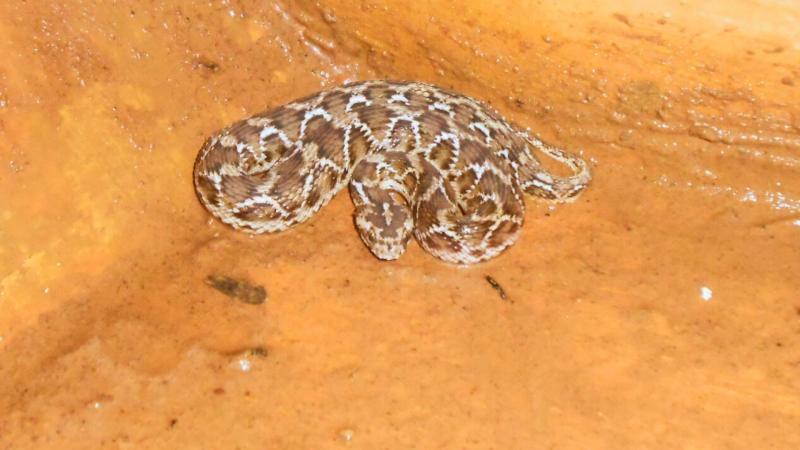
Antivenom Ineffectiveness in Rajasthan: A Looming Health Crisis
Rajasthan, a state in northwestern India, is known for its rich cultural heritage and natural beauty. However, the state is also home to a significant number of venomous snakes, particularly the saw-scaled viper (Echis carinatus). This species is responsible for a substantial proportion of snakebite deaths and disabilities in the region. In recent years, a study has revealed that the standard antivenom used to treat saw-scaled viper bites is ineffective in a staggering 68% of cases. This alarming finding highlights the urgent need for the development of a region-specific antivenom and tailored solutions in snakebite management.
The study, published in a recent issue of the Journal of Venomous Animals and Toxins, investigated the efficacy of the standard antivenom used in Rajasthan against saw-scaled viper bites. Researchers from the Dr. B.R. Ambedkar University in Agra, India, analyzed the clinical records of 150 patients who had been bitten by saw-scaled vipers and treated with the standard antivenom. The results were shocking: of the 150 patients, 102 (68%) did not respond to the antivenom, with 42 of them requiring repeated doses or additional treatment.
The ineffectiveness of the antivenom can be attributed to several factors. One reason is the inadequate manufacturing process of the antivenom, which may not be tailored to the specific venom of the saw-scaled viper found in Rajasthan. The antivenom is currently manufactured in South India, which may not be suitable for the venomous snakes found in the northern and western regions of the country. Another reason is the lack of awareness among healthcare providers regarding the use of antivenom, leading to incorrect dosing and administration.
The consequences of antivenom ineffectiveness are dire. Saw-scaled viper bites can cause severe pain, swelling, and bleeding, which can lead to amputations, organ damage, and even death. In Rajasthan, snakebite is a major public health concern, with an estimated 30,000 to 40,000 cases reported every year. The ineffectiveness of the standard antivenom means that many patients are left to suffer, with limited treatment options available.
The development of a region-specific antivenom is imperative to address the situation. This can be achieved through a collaborative effort between researchers, manufacturers, and healthcare providers. The antivenom should be manufactured using venom from snakes found in Rajasthan, and its efficacy should be tested and validated in the region.
In addition to the development of a region-specific antivenom, several other measures can be taken to improve snakebite management in Rajasthan. These include:
- Improved awareness among healthcare providers: Healthcare providers should be educated on the proper use of antivenom, including the correct dosing and administration.
- Enhanced training for first responders: First responders, such as ambulance drivers and emergency medical technicians, should receive training on snakebite management and the use of antivenom.
- Development of snakebite kits: Snakebite kits should be developed and distributed to healthcare facilities and first responders, which include antivenom, gloves, and other essential equipment.
- Community education: Community education programs should be implemented to raise awareness about snakebite prevention and management.
In conclusion, the study highlights the ineffectiveness of the standard antivenom used in Rajasthan against saw-scaled viper bites. The development of a region-specific antivenom and tailored solutions in snakebite management are urgently required to address the situation. The Rajasthan government, healthcare providers, and researchers must work together to address this critical public health issue.
Source:






